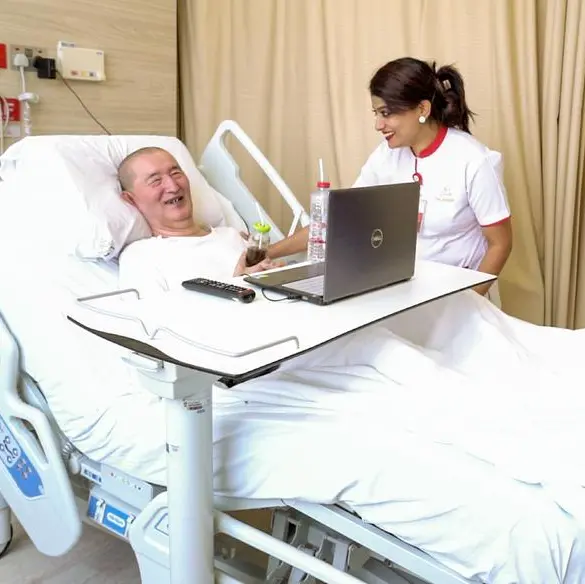PHOTO
Qatar - Qatar intends to invest QR337mn in a healthcare Public Private Partnership (PPP) project, Alpen Capital has said in a report.
As part of this, the government is increasing private sector participation in the design, construction, operation, and maintenance of two primary health centres in Madinat Khalifa and Umm Ghuwalina to provide enhanced primary care services, it said.
GCC governments are actively looking at alternative models to fund and operate new and existing facilities delivering healthcare services in the region, the researcher noted in its recent report on ‘GCC healthcare industry’.
As the region focuses on developing domestic R&D capabilities, PPPs coupled with recent regulatory reforms, are likely to support clinical trials and the launch of new biopharma manufacturing and production facilities, it said.
This will allow companies to focus on the development of medicines to address areas of high unmet need, such as the treatment of rare diseases. In the long-run, this is likely to lead to reduced costs and build more robust supply chains.
It will also help build a mature healthcare ecosystem, supporting the advancement of medical education and critical skills while helping attract global talent.
According to Alpen Capital, GCC governments are actively looking at alternative models to fund and operate new and existing facilities delivering healthcare services in the region.
As such, they have been encouraging the involvement of private players through a PPP model. Privatisation of hospitals and allied services remains at the forefront of the GCC governments’ economic diversification agenda, which will not only help reduce the cost burden but also bridge the growing demand-supply gap amid rising healthcare needs and thus improve the quality of healthcare in the region.
In January 2022, Saudi Arabia designed the new private sector participation law (PSP Law) to boost private investment in the Kingdom.
The law marks the beginning of the legal framework on which the government can start to outsource healthcare provision and will cover PPPs. This could be crucial for the Saudi healthcare sector, which currently has $12.8bn worth of projects that will create 224 primary healthcare centres and add more than 20,000 hospital beds across the Kingdom by 2030, as part of its Vision 2030.
In June 2019, Saudi Arabia announced its first healthcare PPP project that targets radiology and medical imaging services covering hospitals in the greater Riyadh area.
In addition to infrastructure development projects, Saudi Arabia has also been collaborating with foreign players on building a robust healthcare technology ecosystem.
Private participation has also been on the rise in the UAE. The country has around 700 healthcare projects under development with a total investment of $60.9bnn), mostly carried out by the private sector.
Oman has announced plans to build the $1,242.8mn Sultan Qaboos Medical City Complex under a PPP model. The country has already rolled out several healthcare projects including a dialysis centre, secondary hospital and central laboratory under the PPP model.
Similarly, several other healthcare PPPs are in the pipeline across the GCC as the regional governments aim to leverage efficiencies and expertise of the private players to achieve their development goals and match international best practices, Alpen Capital noted.
© Gulf Times Newspaper 2022 Provided by SyndiGate Media Inc. (Syndigate.info).





















